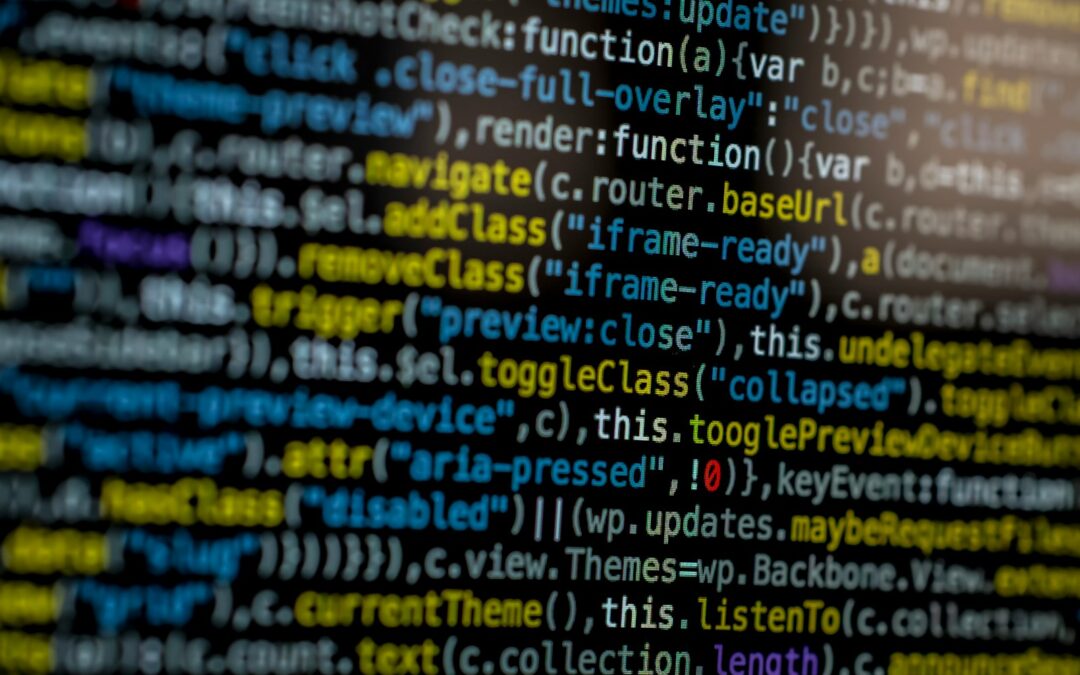Ensuring Device Authentication and Secure Communications in IoT Networks
The Role of Digital Certificates in IoT Security
Digital certificates in IoT networks play a crucial role in authenticating devices and securing communications, particularly in regions such as Saudi Arabia and the UAE, where technological advancements are rapidly transforming business landscapes. As IoT devices proliferate, ensuring that each device can be trusted and that the data it transmits is secure becomes paramount. Digital certificates serve as electronic passports that verify the identity of devices, enabling secure connections and preventing unauthorized access.
Digital certificates operate on the principles of public key infrastructure (PKI). Each IoT device is issued a unique certificate that contains a public key and the digital signature of a trusted certificate authority (CA). When a device attempts to connect to another device or network, it presents its certificate. The receiving party then verifies the certificate against the CA’s public key, ensuring that the device is legitimate and its communications can be trusted. This process effectively prevents man-in-the-middle attacks and ensures the integrity and confidentiality of data exchanges.
For instance, in smart cities like Riyadh and Dubai, where IoT devices manage critical infrastructure such as traffic lights and energy grids, digital certificates ensure that only authorized devices can interact with these systems. This prevents malicious actors from disrupting services or accessing sensitive information. Similarly, in healthcare IoT applications, digital certificates protect patient data by ensuring that only authenticated devices can access and transmit medical records.
Best Practices for Certificate Management in IoT Networks
Effective management of digital certificates is essential for maintaining the security and reliability of IoT networks. One of the best practices is the implementation of automated certificate lifecycle management. This involves automating the issuance, renewal, and revocation of certificates, reducing the risk of human error and ensuring that certificates are always up-to-date. Automated management also helps in scaling certificate operations as the number of IoT devices grows, a common scenario in expansive urban developments like those in the UAE.
Another critical practice is the regular auditing and monitoring of certificates. Organizations should continuously monitor the status of their certificates and audit their use to detect any anomalies or misuse. This proactive approach helps in identifying and mitigating security threats before they can cause significant damage. For example, if a certificate is found to be compromised, it can be immediately revoked, and a new certificate can be issued, ensuring that the integrity of the network is maintained.
Implementing strong encryption standards for certificates is also vital. Certificates should use robust encryption algorithms that are resistant to current and foreseeable cryptographic attacks. For instance, using at least 2048-bit RSA keys or ECC (Elliptic Curve Cryptography) can provide a high level of security. Additionally, ensuring that all certificates comply with industry standards and regulations helps in maintaining interoperability and trust across different systems and devices.
Leveraging Advanced Technologies for Enhanced IoT Security
Advanced technologies such as artificial intelligence (AI) and blockchain can further enhance the security of IoT networks through improved certificate management and authentication processes. AI can automate the monitoring and analysis of certificate use, identifying patterns and anomalies that may indicate security threats. Machine learning algorithms can predict potential vulnerabilities and suggest proactive measures to strengthen security. For example, AI-driven systems can flag unusual certificate usage that might indicate a compromised device, enabling swift remediation.
Blockchain technology offers a decentralized approach to certificate management, enhancing transparency and security. By recording certificate issuance and revocation on a blockchain, organizations can create an immutable ledger that prevents tampering and fraud. This is particularly beneficial in environments where trust and transparency are paramount, such as financial services and critical infrastructure management. In cities like Dubai, which are leading the way in blockchain adoption, integrating blockchain with IoT security practices can provide a robust framework for managing digital certificates.
Executive coaching services can play a crucial role in helping business leaders understand and implement these advanced technologies. By providing strategic guidance and insights into best practices, executive coaches can equip leaders with the knowledge needed to navigate the complexities of IoT security. This leadership development fosters a culture of innovation and continuous improvement, ensuring that organizations remain at the forefront of technological advancements and cybersecurity practices.
Strategic Approaches for Business Success in IoT Security
Developing a Comprehensive IoT Security Strategy
A well-defined strategy is essential for successfully implementing digital certificates in IoT networks. Business leaders in Riyadh and Dubai must prioritize the development of comprehensive security strategies that align with their organizational goals and technological capabilities. This involves conducting thorough risk assessments to identify potential vulnerabilities and implementing robust frameworks that encompass certificate management, device authentication, and secure communications.
Key to this strategy is the integration of executive coaching services, which provide invaluable support in developing and executing these plans. Coaches offer insights into best practices for IoT security, helping leaders navigate challenges and optimize their strategies. This support is particularly important in the fast-paced business environments of Saudi Arabia and the UAE, where staying ahead of technological trends is crucial for maintaining a competitive edge.
Additionally, fostering a culture of security awareness is vital for the success of IoT security initiatives. Regular training and awareness programs for employees can ensure that everyone understands the importance of certificate management and follows best practices. This collaborative approach fosters a proactive security culture, where potential threats are identified and addressed promptly.
Continuous Improvement and Adaptation in IoT Security
The dynamic nature of technology necessitates a commitment to continuous improvement and adaptation in IoT security. Organizations in the UAE and Saudi Arabia must regularly review and update their security strategies to keep pace with evolving threats and technological advancements. This involves staying informed about the latest security trends and incorporating new technologies and methodologies to enhance the effectiveness of IoT security measures.
Continuous improvement also requires ongoing training and development for employees. Executive coaching services facilitate this by providing tailored training programs that enhance the skills and knowledge of business leaders and their teams. By fostering a culture of continuous learning, organizations ensure they remain agile and responsive to changes in the technological landscape. This adaptability is crucial for maintaining robust IoT security in the long term.
Moreover, leveraging data analytics to assess the performance of security measures is essential. Regular analysis of key performance indicators (KPIs) provides insights into the effectiveness of implemented strategies and identifies areas for improvement. By using data-driven insights to guide decision-making, organizations can continuously refine their IoT security measures, ensuring optimal performance and protection against data breaches.
Building a Secure and Future-Ready IoT Infrastructure
As we look to the future, the integration of digital certificates will be essential for building a secure and future-ready IoT infrastructure. In the innovative landscapes of Riyadh and Dubai, where technology is a key driver of economic growth, businesses must prioritize IoT security to stay competitive. Leveraging advanced technologies such as AI and blockchain, and investing in executive coaching services, organizations can develop robust strategies that enhance the security and reliability of their IoT networks.
The focus on digital certificates not only protects sensitive data but also supports broader business goals such as operational efficiency and customer trust. As businesses in Saudi Arabia and the UAE continue to embrace digital transformation, securing IoT networks will be critical for achieving long-term success. By fostering a culture of innovation and continuous improvement, organizations can navigate the complexities of IoT and lead the way in technological advancements.
In conclusion, digital certificates in IoT networks are vital for authenticating devices and securing communications. For businesses in Riyadh, Dubai, and beyond, adopting best practices and advanced strategies for certificate management is essential for maintaining a competitive advantage and driving sustainable growth. With the support of executive coaching services and the integration of advanced technologies, organizations can build secure and reliable IoT systems that support their strategic objectives and pave the way for future innovations.
—
#DigitalCertificates #IoTSecurity #DeviceAuthentication #SecureCommunications #Cybersecurity #AI #Blockchain #ExecutiveCoaching #Leadership #DubaiTech #RiyadhInnovation













